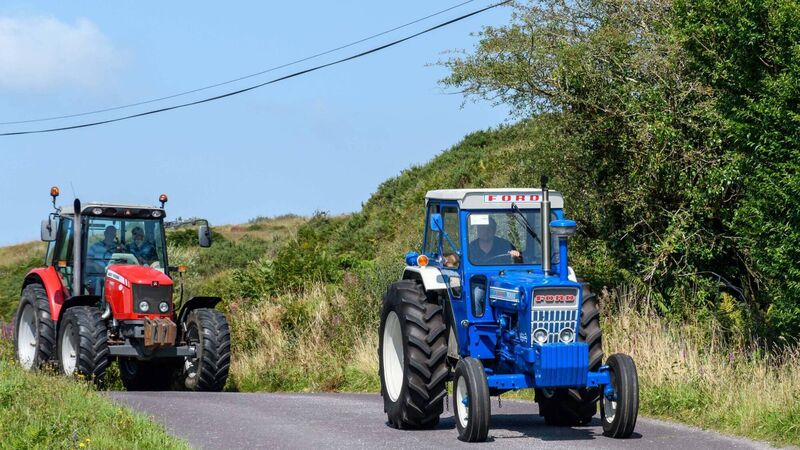Kieran Coughlan: Watch out for capital gains on the sale of vintage machinery

Tractor runs, like this one in aid of Pieta House pictured passing Tragumna, West Cork, in August, have become increasingly popular in recent years. Picture: David Patterson










